They say that too many cooks spoil the broth, but when the broth is derelict crab pots in Washington State, the more cooks the better. Over 10,000 crab pots are estimated to be lost annually in the Puget Sound alone, and many more are lost in the Straits of Juan de Fuca and along the Pacific Coast. There is a need for multiple partners, approaches, and solutions to combat the big problem of crab pot loss. Fishers don’t want to lose their pots, but when they do, the pots can continue to catch crabs and other animals (ghost fishing), harm seafloor habitat, ruin the gear of other fisheries, pose a risk to boating, and entangle marine mammals, including whales.
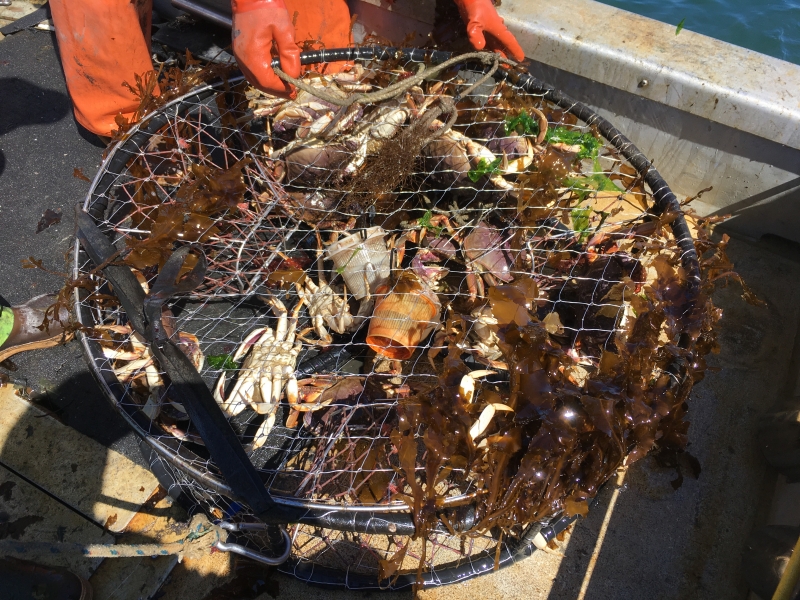
Prevention is critical, especially to recreational fishers new to the game, and a number of organizations in the state provide excellent information. A little knowledge can go a long way! The Washington Department of Fish and Wildlife provides information on rules and regulations, licenses, and areas to catch crabs. The Northwest Straits Foundation offers tips and tricks to catch more crabs and not lose pots, and created a series of short videos for that purpose. Together, with Jefferson and Clallam Counties Marine Resources Committees, they host free workshops to provide this information in person.
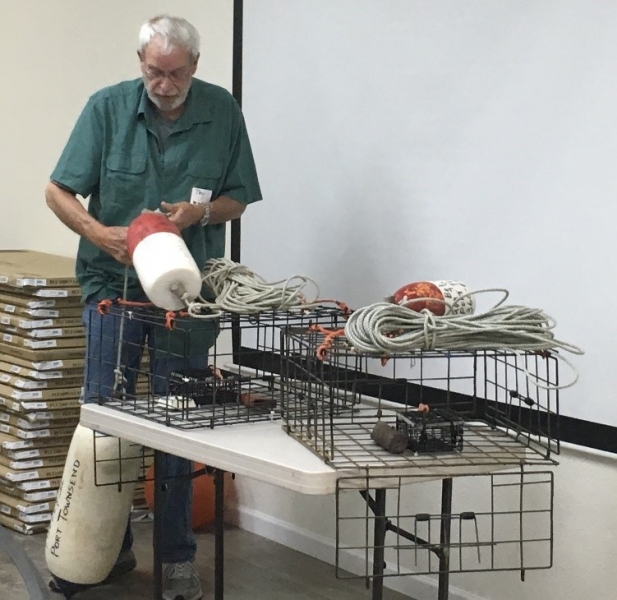
Removal of derelict crab pots is expensive, and although it’s not possible to recover all lost pots, it could be very helpful in specific areas that have high loss rates. Presently, the Makah Tribe is removing derelict pots from areas in the Olympic Coast National Marine Sanctuary where the lost pots harm the sanctuary habitat and prevent other fishing from taking place.
A video series on tips and tricks to catch more crabs and not lose pots was developed by the Northwest Straits Foundation. Watch the full video below!
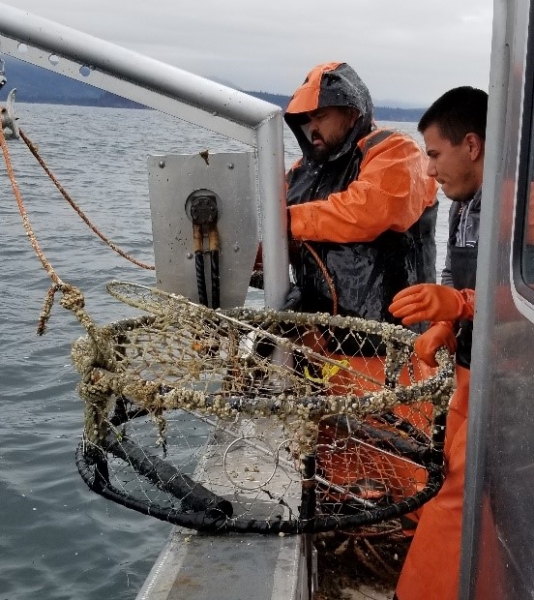
Also along the coast, the Nature Conservancy, in collaboration with the Quinault Indian Nation and the Quileute Tribe, completed projects to remove derelict pots. More importantly, the Quinault Indian Nation, Quileute Tribe, and Makah Tribe are all working with their respective tribal management and commercial fishermen on programs to prevent crab pot loss.
In the Puget Sound, the Northwest Straits Foundation is collaborating with Natural Resources Consultants on a project to prevent and remove derelict recreational pots in Dungeness Bay and Port Townsend Bay, two areas of high pots loss. Unlike the pots lost along the coast, all the pots in the Puget Sound have no float to identify their location. These pots must be located with side scan sonar and removed one by one by an expert diver. The diver has to attach a
line to each pot which can then be hauled aboard from the water.
All this activity requires much coordination and collaboration. The Puget Sound Lost Crab Pot Prevention Plan, created in 2016, brought partners together to develop specific strategies and actions that prevent crab pot loss in the Puget Sound. Similarly, the Washington Marine Debris Action Plan, created in 2018, contains numerous actions to reduce crab pot loss and address derelict pots impacts. It is hoped that with effective prevention, targeted removal, and much collaboration, crab pot loss and its impacts in Washington State will decline significantly.
{"preview_thumbnail":"/sites/default/files/styles/video_embed_wysiwyg_preview/public/video_thumbnails/h5n8Z5duINs.jpg?itok=As6MIpI7","video_url":"https://www.youtube.com/watch?v=h5n8Z5duINs","settings":{"responsive":1,"width":"854","height":"480","autoplay":0},"settings_summary":["Embedded Video (Responsive)."]}

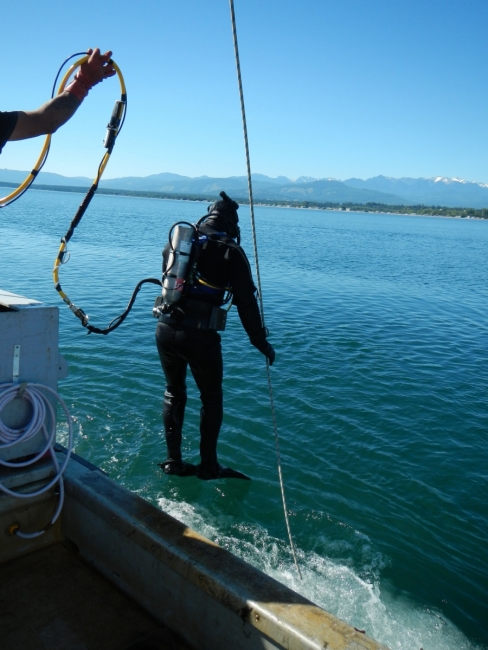
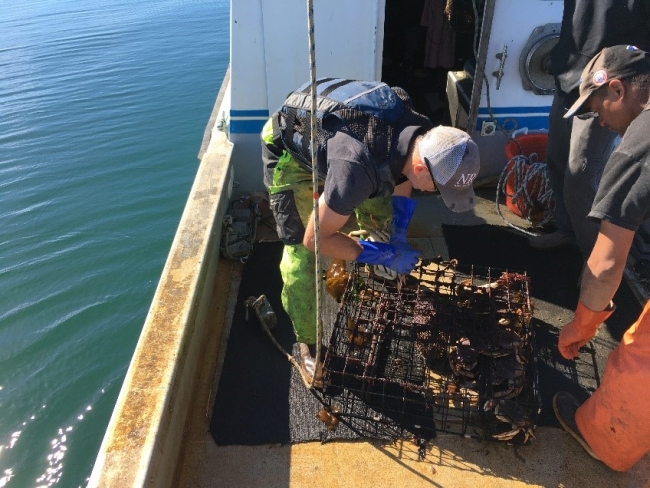
blog.marinedebris.noaa.gov